A List of 10 Amazing Herbs (Pictures and Uses)
You've planted shrubs, trees and flowers, but now a final touch of magic needs to be applied to your garden: herbs. Our gardening specialists absolutely love to grow herbs in their garden because they bring unique touches and textures to your green space but also provide culinary use for example mixing in your dishes.
In this helpful and no-fluff article, we will go through a list of the overall top 10 best herbs, which we alos grew in our garden that you can grow and upgrade your garden and dishes.


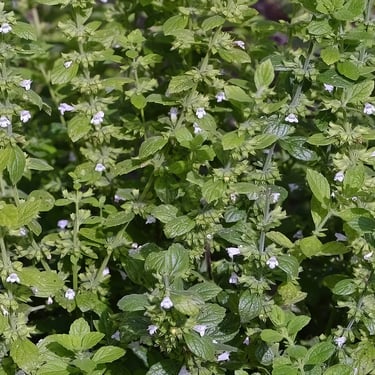

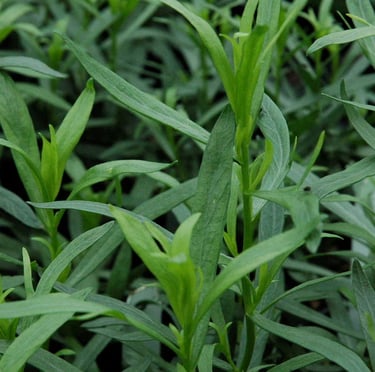

Tarragon
Tarragon grows to a height of 60-120 cm (2-4 ft) and loves well-drained soil in full sun. Essential in French cuisine, tarragon adds a slightly sweet flavor to dishes. It's also known for its appetite-stimulating and sleep-inducing properties. no matter which herbs you plant together, Tarragon's narrow, glossy leaves make it a nice-looking herb in addition to your herb garden.




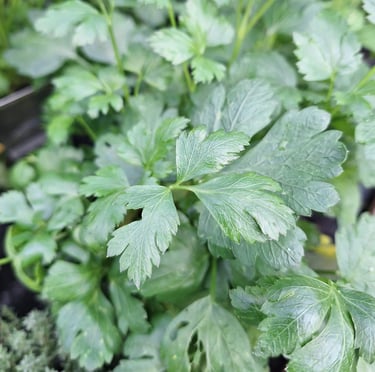

Cilantro
Cilantro (Coriander) is an interesting cooking herbal plant, making any dish a lot more refreshing and giving a completely different taste which is used in Mexican and Asian cuisines. Its leaves infuse salsas, curries, and salads with a zesty fragrance. It is best to plant and grow this herb in early spring or fall to avoid bolting in hot weather and full sun.


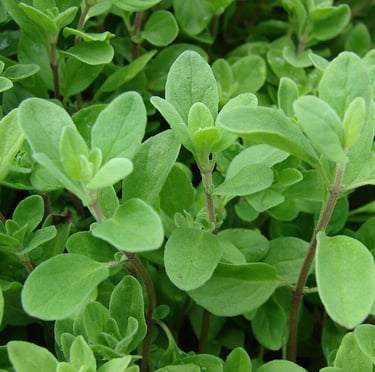

Marjoram
Marjoram, growing to 30-60 cm (1-2 ft), loves sunny, well-drained conditions. It's a key herb in Mediterranean cuisine, offering a sweeter alternative to Tarragon. Marjoram is also known for its soothing properties, particularly in relieving muscle pain and spasms. Its small, oval leaves and delicate flowers make it a charming addition to any herb collection.




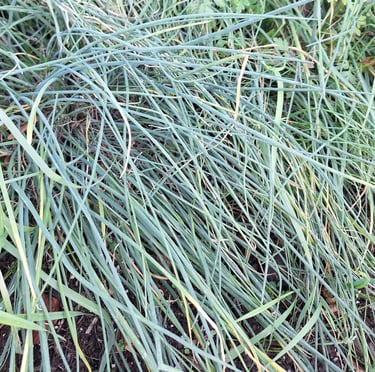

Chives
Chives can be confused with weeds that look like grass, these grassy herbs have a mild oniony touch and are perfect for salads, potatoes, and eggs or for sprinkling over bread with butter. Like the other herbs, it is best to plant them in early spring or fall.




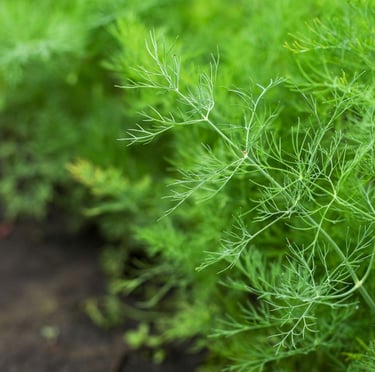

Dill
Dill, with its feathery foliage, reaches up to 60-120 cm (2-4 ft) and the herb is great for growing in containers. It prefers sunny spots and well-drained soil. Famous for selecting and using, dill also enhances fish, salads, and soups. It's known for its soothing digestive properties. Dill's delicate flowers attract beneficial insects, making it a great companion plant in vegetable gardens.




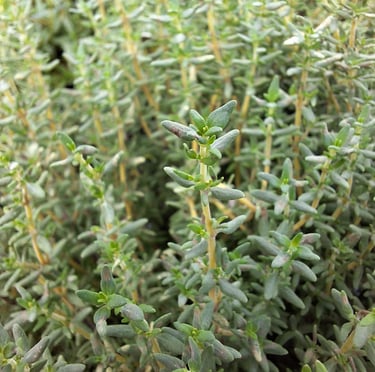

Thyme
This evergreen herb is native to the Mediterranean regions, it lends an aromatic flavor to various dishes. Its delicate leaves enrich soups, stews, and marinades. It is best to plant it in early spring or fall for a thriving herb garden.


Lemon Balm
When caring for Lemon Balm you need to know that it reaches 60-90 cm (2-3 ft) and thrives in full sun to partial shade and moist soil. It's celebrated for its lemon-scented leaves, used in teas and desserts. Lemon balm is known for its calming effects, particularly in reducing stress and aiding sleep. Its bushy growth and fragrant leaves make it a delightful sensory plant.




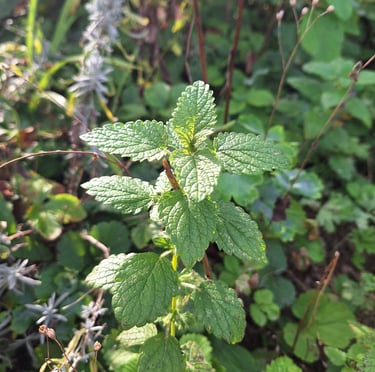

Mint
Mint, known for its refreshing taste and smell, is a nice herb, close to the clianto. It enlivens teas, cocktails, and desserts with its invigorating aroma. Consider using pots to prevent its exuberant growth in spring.


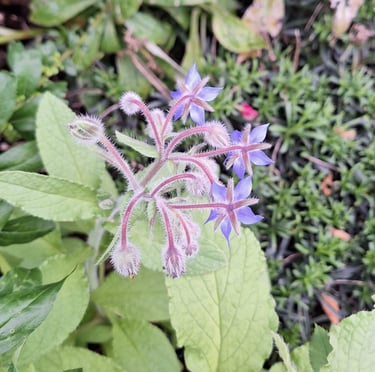

Borage
Borage, with its star-shaped flowers, grows up to 60-90 cm (2-3 ft). It prefers sunny areas and well-drained soil. Its leaves and flowers have a cucumber-like flavor and are great in salads and drinks. Known for its adrenal support and anti-inflammatory properties we also found that borage also attracts pollinators, which levels up garden biodiversity.




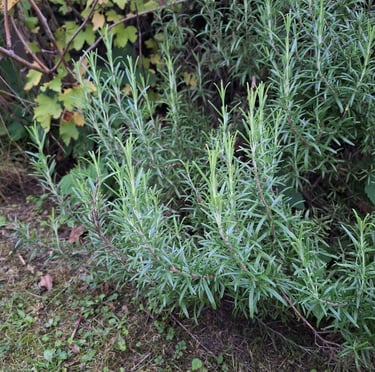

Rosemary
Rosemary is an evergreen herb used in many different kitchens for its robust flavor. It elevates roasted meats and baked potatoes with its fragrant needles after harvesting. For optimal growth, plant it in early spring or during fall and it can also be grown as a vertical garden plant.




Sources
Nature and Sustainability uses only high-quality sources, including peer-reviewed studies to support the facts we describe in our articles. Please read our editorial policy to learn more about how we keep our content accurate, reliable, and trustworthy.
Tarragon: Tarragon | Description, Herb, Uses, Flavor, & Facts | Britannica
Coriander: Coriander - Wikipedia
Rosemarry: How to Grow and Care for Rosemary (thespruce.com)
Share this article:




Article By:
Calin is in the garden industry for 5 years now and knows a lot about gardening and plants. He is the owner of this website and responsible for most of the content.



